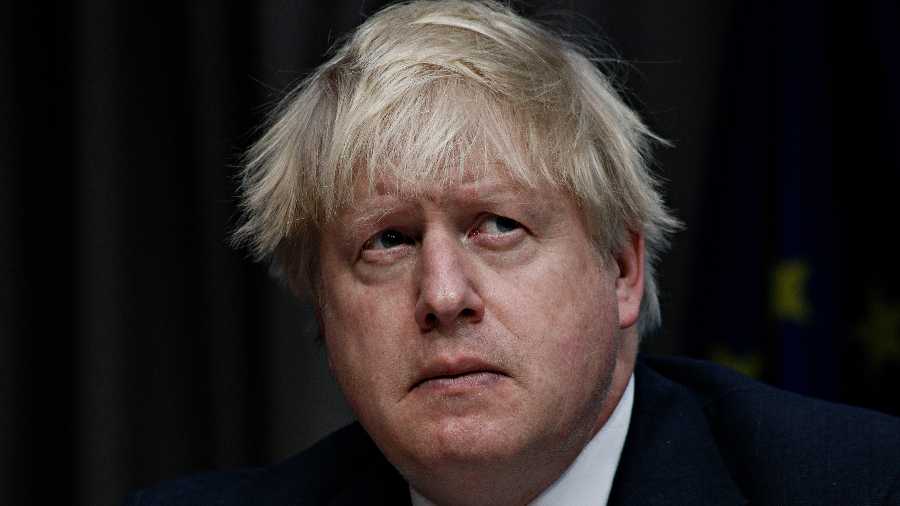The BBC, which made it clear it would not be intimidated by the Indian government over its documentary critical of Narendra Modi, is in turmoil following the resignation on Friday of its chairman, Richard Sharp.
After Sharp was appointed chairman of the BBC in February last year by Boris Johnson, it emerged that the former banker had helped the then Prime Minister access a loan of £800,000.
The Opposition parties argued that in a blatant act of “cronyism”, Boris, who appears to be always short of money, rewarded Sharp for acting as his financial fixer.
The chairman of the BBC “is the head of the BBC Board, responsible for maintaining the independence of the BBC and overseeing the functioning of the BBC to fulfil its mission. The chairman leads the process for appointing the director-general (currently Tim Davie) and can dismiss the director-general”.
BBC bosses dismissed the Indian government’s assertion that the Modi documentary was malicious “propaganda”.
In an inquiry by the Commissioner for Public Appointments, senior barrister, Adam Heppinstall, didn’t quite stand up to the allegation of financial impropriety but found that Sharp failed to disclose to the appointments panel that he had helped Boris, the man with the power to elevate him to the top job at the BBC.
This is another fine mess for Boris’s successor, Rishi Sunak, though strictly speaking this is not of his own making. Sharp got his post long before Rishi took over as Prime Minister in October last year.
However, Rishi is not quite in the clear. It turns out that in the days when Rishi was an investment banker employed by Goldman Sachs, his boss was Sharp. It has also been revealed that Sharp has donated £400,000 to the Conservative Party.
The Opposition says that Rishi should have sacked Sharp as soon as he moved into 10 Downing Street. A Downing Street source said that Sharp’s resignation was “a matter for him and the BBC”.










